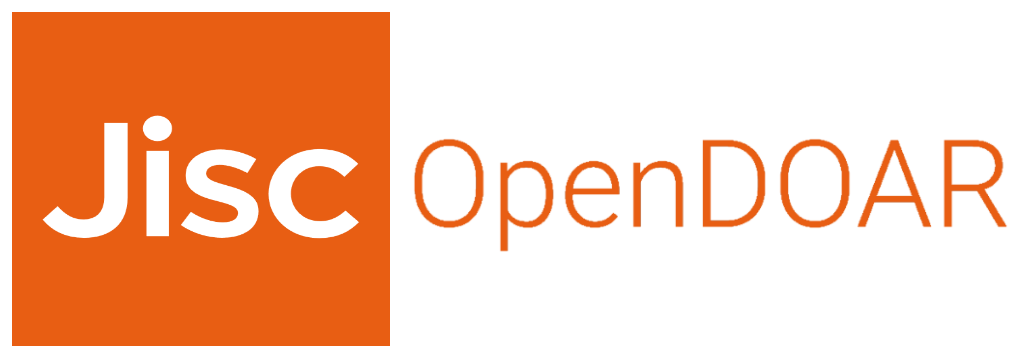Prototipo de ladrillo a partir de fibra vegetal de cáñamo, como una alternativa sostenible a los ladrillos de arcilla tradicional, usados en la construcción de edificios de uso residencial en la ciudad de Bogotá.
Trabajo de grado - Pregrado
2021-05
Universidad Colegio Mayor de Cundinamarca
El presente trabajo de investigación tiene como objetivo diseñar y evaluar la viabilidad
técnica y financiera de la producción de un ladrillo elaborado a partir de la fibra vegetal de cáñamo,
con el fin de proponer una alternativa sostenible a los ladrillos tradicionales de arcilla, debido a al
impacto que estos generan en el medio ambiente. Para el desarrollo de la investigación, se indagó
la información correspondiente para aplicar y ejecutar el proyecto de acuerdo con la normativa
colombiana, tanto en la obtención de la materia prima como para los aspectos técnicos.
En los primeros capítulos, se identificó la empresa que se fundó como creadora del
proyecto y su gestión organizacional. Así mismo, la presentación del producto e información
técnica. Posteriormente, se presentan los estudios y análisis de mercado de la competencia y del
consumidor. Por otro lado, en los dos últimos capítulos se establece el plan de marketing y los
costos del producto en todas sus etapas, así como la financiación del proyecto. Además, se
realizaron dos pruebas a los ladrillos una a las 72 horas de secado y otra a los 30 días de secado,
en la prueba de absorción del agua se obtuvo para el primero un resultado 18.4% y para el segundo
14.4%, cumpliendo con el mínimo establecido en la NTC 4017. En cuanto a la resistencia a
compresión, arrojó a los 30 dias se obtuvo un resultado de 36.4 Mpa, la cual indica que cumple
con los estándares mínimos de la norma ≥30 y una resistencia máxima que sea ≤50.
Al realizar el análisis del proyecto, se requiere una inversión de $ 685.363.000, se aporta
el 72,28% con recursos propios. Se espera conseguir créditos por el 27,72%. de la inversión se
destina para capital de trabajo el 29,18% y para activos fijos el 70,82%. Además, el ladrillo
HempBrick Grande ingresaría al mercado nacional con un precio de venta de $1700 pesos y para
el ladrillo HempBrick Mediano ingresaría al mercado nacional con un precio de venta de $850
pesos, este costo es competitivo frente a la competencia puesto que dentro de la industria de los
ladrillos ecológicos es de los más bajos. Por último, se concluye que el uso de las fibras vegetales
en la construcción es aplicable y amigable con el medio ambiente por su producción limpia. En
Colombia, se puede explotar tanto el uso del cáñamo como su producción y puede llegar a ser una
alternativa que puede convertirse en un gran potencial para impulsar la economía del país. This research paper aims to design and evaluate the technical and financial viability of the
production of a brick made from hemp vegetable fiber, in order to propose a sustainable alternative
to traditional clay bricks, due to the impact they generate on the environment. For the development
of the research, the corresponding information was inquired to apply and execute the project in
accordance with Colombian regulations, both in the obtaining of the raw material and for the
technical aspects.
In the first chapters, the company that was founded as the creator of the project and its
organizational management was identified. Also, the presentation of the product and technical
information. Subsequently, the studies and market analysis of the competition and the consumer
are presented. On the other hand, in the last two chapters the marketing plan and the costs of the
product in all its stages are established, as well as the financing of the project. In addition, two
tests were carried out on the bricks, one at 72 hours of drying and another at 30 days of drying, in
the water absorption test, a result was obtained for the first 18.4% and for the second 14.4%,
complying with the minimum established in NTC 4017. As for the compressive strength, it was
obtained at 30 days a result of 36.4 Mpa was obtained, which indicates that it meets the minimum
standards of the norm ≥30 and a maximum strength that is ≤50.
When performing the analysis of the project, an investment of $ 685,363,000 is required,
72.28% is provided with its own resources. Loans are expected to reach 27.72 per cent. of the
investment, 29.18% is allocated for working capital and 70.82% for fixed assets. In addition, the
Large HempBrick brick would enter the national market with a sale price of $1700 pesos and for
the Medium HempBrick brick would enter the national market with a sale price of $850 pesos, this
cost is competitive against the competition since within the ecological brick industry is one of the
lowest. Finally, it is concluded that the use of vegetable fibers in construction is
applicable and environmentally friendly for its clean production. In Colombia, both the use
of hemp and its production can be exploited and it can become an alternative that can become a
great potential to boost the country's economy.
Descripción:
Seminario de Proyecto de Investigación y Desarrollo.pdf
Título: Seminario de Proyecto de Investigación y Desarrollo.pdf
Tamaño: 6.836Mb
 PDF
PDF
 LEER EN FLIP
LEER EN FLIP
Descripción: Formato identificación.pdf
Título: Formato identificación.pdf
Tamaño: 177.0Kb
 PDF
PDF
Título: Seminario de Proyecto de Investigación y Desarrollo.pdf
Tamaño: 6.836Mb
 PDF
PDF
 LEER EN FLIP
LEER EN FLIP
Descripción: Formato identificación.pdf
Título: Formato identificación.pdf
Tamaño: 177.0Kb
 PDF
PDF























